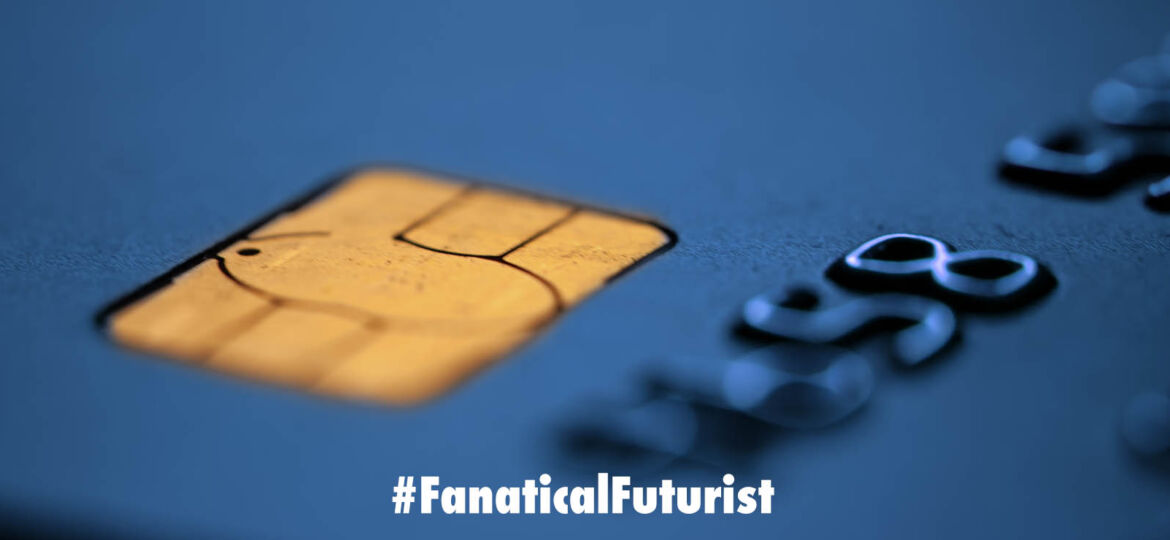
WHY THIS MATTERS IN BRIEF
Global payment companies like Mastercard and Visa used to ban crypto purchases unilaterally, and now they want to dominate them.
 Love the Exponential Future? Join our XPotential Community, subscribe to the podcast, future proof yourself with courses from XPotential University, read about exponential tech and trends, connect, watch a keynote, or browse my blog.
Love the Exponential Future? Join our XPotential Community, subscribe to the podcast, future proof yourself with courses from XPotential University, read about exponential tech and trends, connect, watch a keynote, or browse my blog.
In an unsurprising move but a good one, most would argue, international payment processing giant Mastercard has announced that it’s expanding its payment network to include Non-Fungible Token (NFT) markets and Web 3.0, which then begs the question … could you one day put your NFT mortgage on your credit card?
The financial service provider announced that it has been working on expanding its payment networks to incllude NFTs over the past year and to do so they’ve partnered with a number of leading NFT marketplaces, including OpenSea and the Sandbox, in order to allow 2.9 billion cardholders to directly buy NFT’s without having to buy crypto first.
The Future of the Metaverse, crypto, NFT’s and more, by keynote Matthew Griffin
Currently most users need to buy crypto to bid on and buy NFTs. However, with the latest Mastercard partnerships billions of cardholders can now bypass the process of buying a transferring crypto to NFT marketplaces which not only comes with lots of risks, but which has also become increasingly confusing and complex as the number of crypto exchanges and providers explodes.
The NFT card-purchase service was first launched in January this year with Coinbase, allowing users to buy NFTs directly by using credit cards.
The decision to expand its payment network to the rapidly growing NFT ecosystem was also based on the company’s latest survey of 35,000 respondents from 40 countries, which showed that 45 percent of the consumers have either bought an NFT or are considering doing so. 50 percent of the surveyed consumers also showed interest in getting more flexible options to make purchases.
The firm claimed they are also working on offering “world class security” to customers with their latest payment options, similar to “when making transactions in a store or online with a Mastercard card.”
The payment processing giant has also shown keen interest in the crypto and NFT markets over the past couple of years, and earlier in April this year the company filed for 15 metaverse and NFT related trademarks.
All of which is a giant turnaround for a company that in the early days of crypto was blocking crypto transactions left right and center on their global network, and which is now competing with giant Visa to become crypto top dog.
















